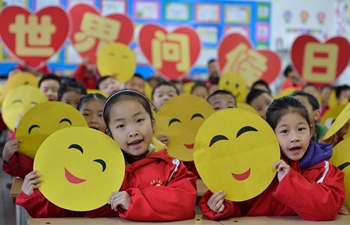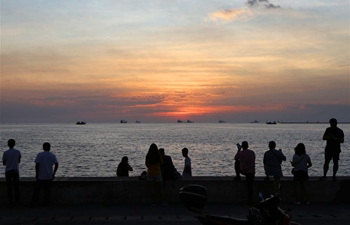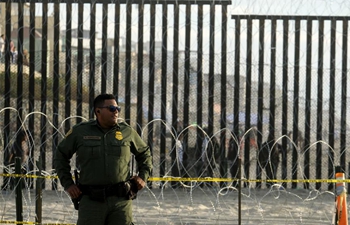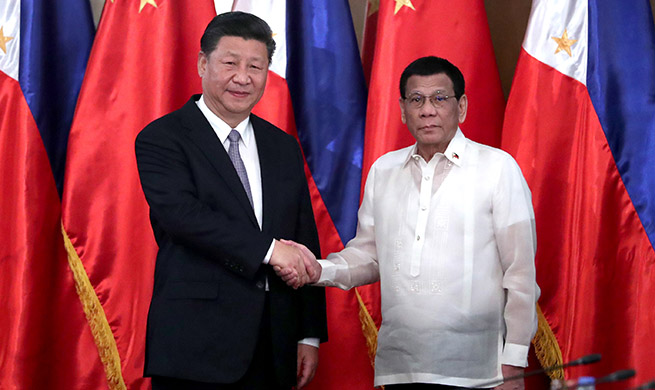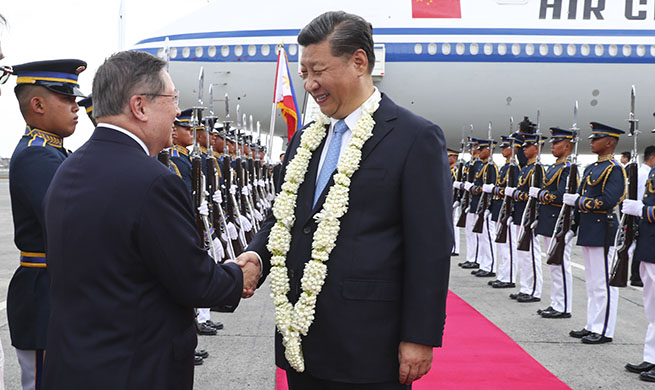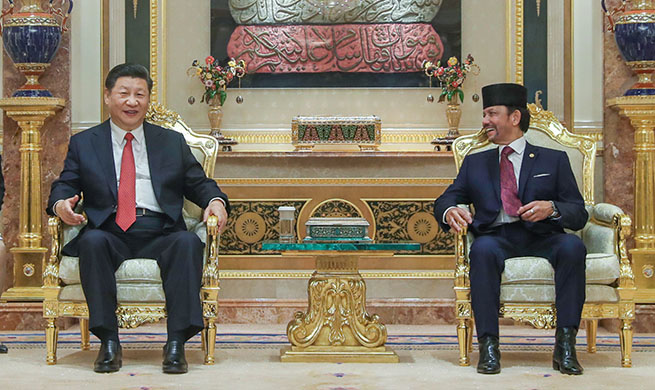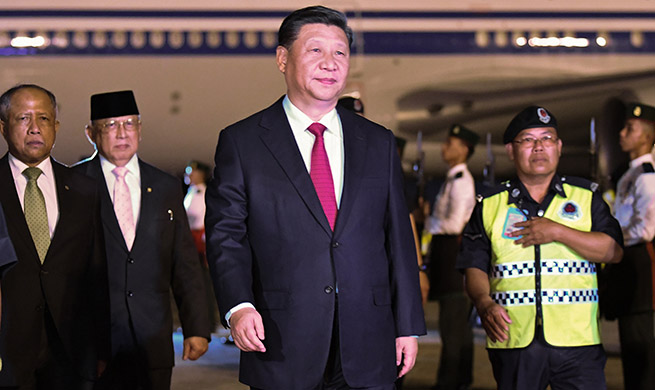NAIROBI, Nov. 20 (Xinhua) -- African governments should design education policies that cater for the needs of children and youth displaced by conflicts and natural calamities in order to foster growth, peace and stability in the continent, experts said on Tuesday.
The experts, who spoke at the launch of the UNESCO's 2019 Global Education Monitoring (GEM) report in Nairobi, said policies that promote life-long learning among refugee children and youth are required to ensure they are part of their host countries' socio-economic transformation.
Kebede Tsegaye, senior advisor at Intergovernmental Authority on Development (IGAD), stressed the need for African countries to integrate refugees' education in their national development plans.
"The governments in the Horn of African region that has a huge refugee crisis should enact policies that facilitate access to basic services like education to the youth and children living in camps," said Kebede.
Senior policymakers, representatives of relief agencies and campaigners attended the launch of UNESCO's 2019 global education monitoring report whose theme is "migration, displacement and education: building bridges and not walls".
The report makes a powerful case for investments in basic education and vocational training for young refugees to ensure they make positive contribution in society.
It says that education can be a tool for fostering inter-ethnic harmony that is key to preventing conflicts responsible for the high refugees' burden in Africa.
Anna Cristina D'Addio, senior policy analyst in the UNESCO'S GEM report, said that African countries should implement continental and global pacts that roots for refugee education as a means to realize durable peace and stability.
"The Djibouti Declaration in particular obliges countries in this region to promote rights of refugees by ensuring they have access to education," said Anna.
"Governments require data to inform development of refugee inclusive education programs," she added.
The United Nations High Commissioner for Refugees (UNHCR) estimates that 4 million refugees aged 5 to 17 were out of school in 2017 across the globe.
Walpurga Englbrecht, UNHCR deputy representative in Kenya, said that political goodwill coupled with affirmative action is key to boosting school enrollment among displaced children and youth in Sub-Saharan Africa.
